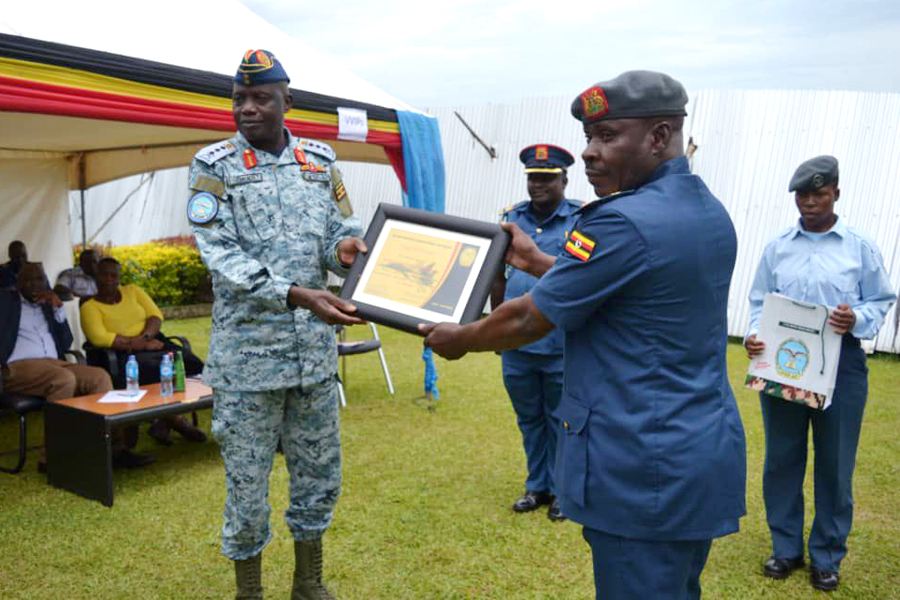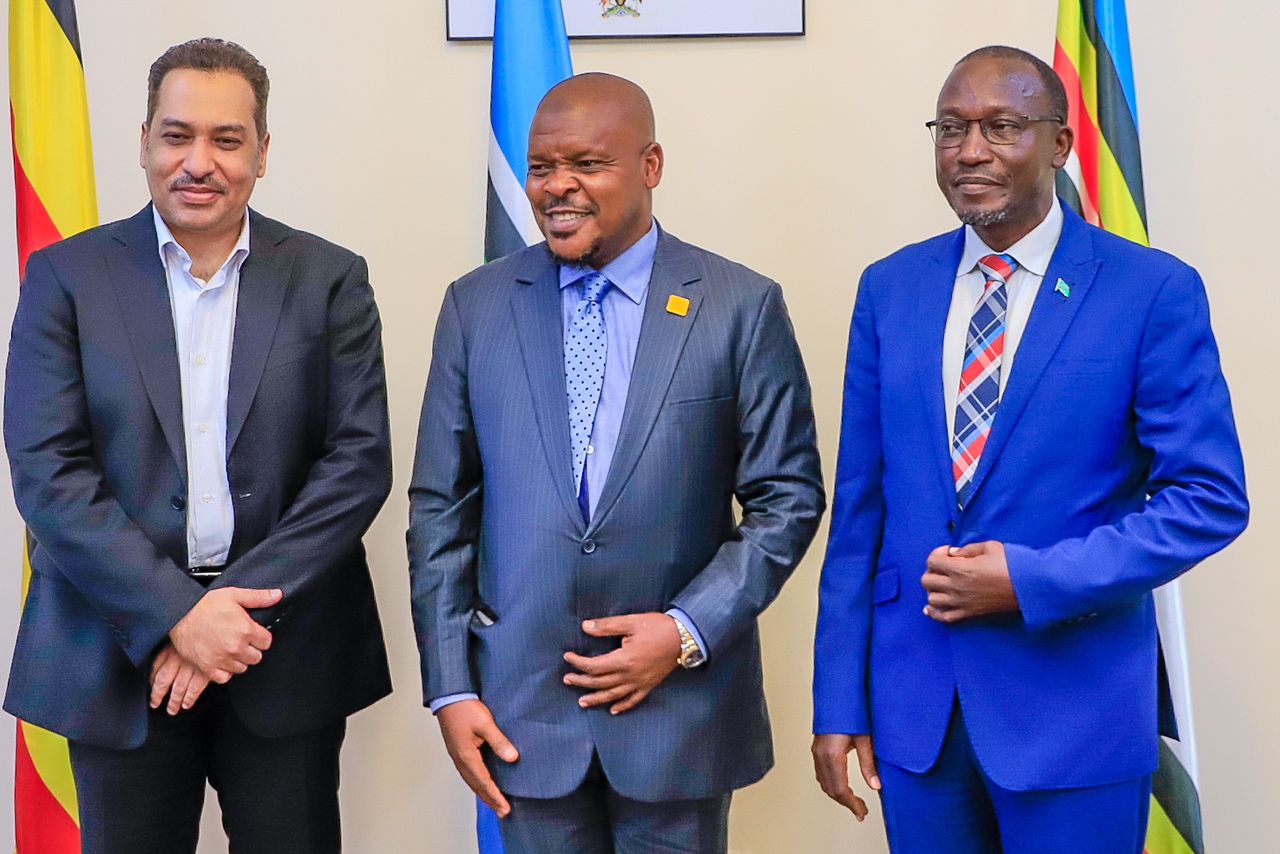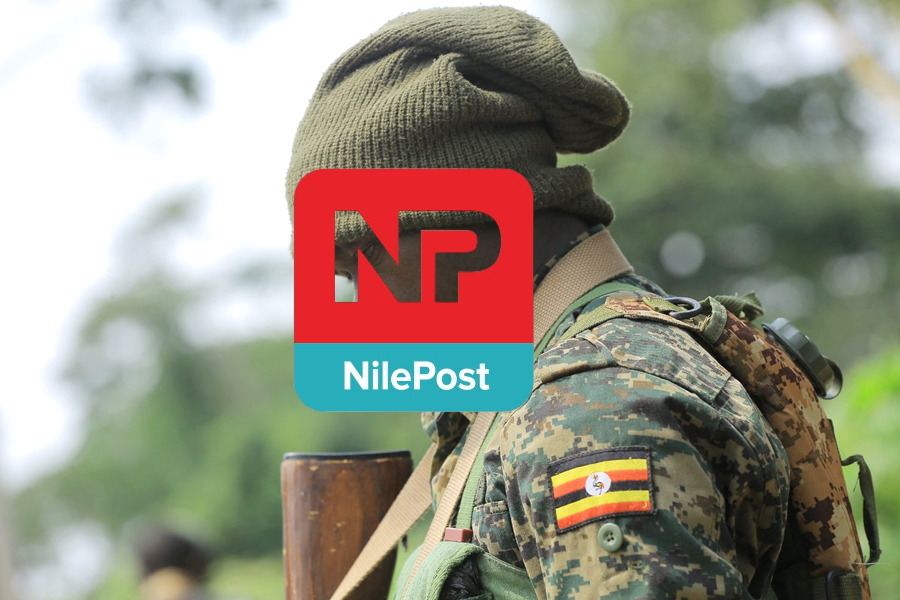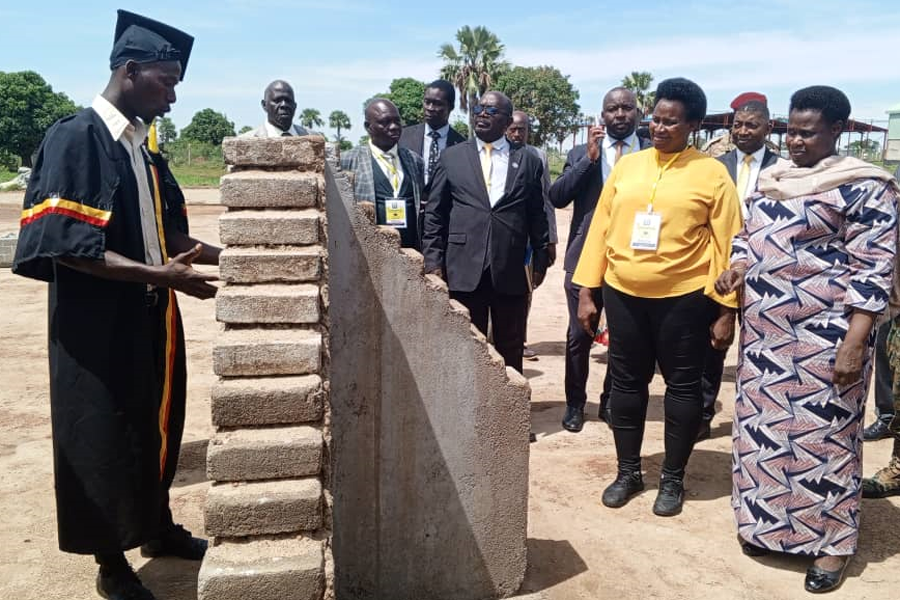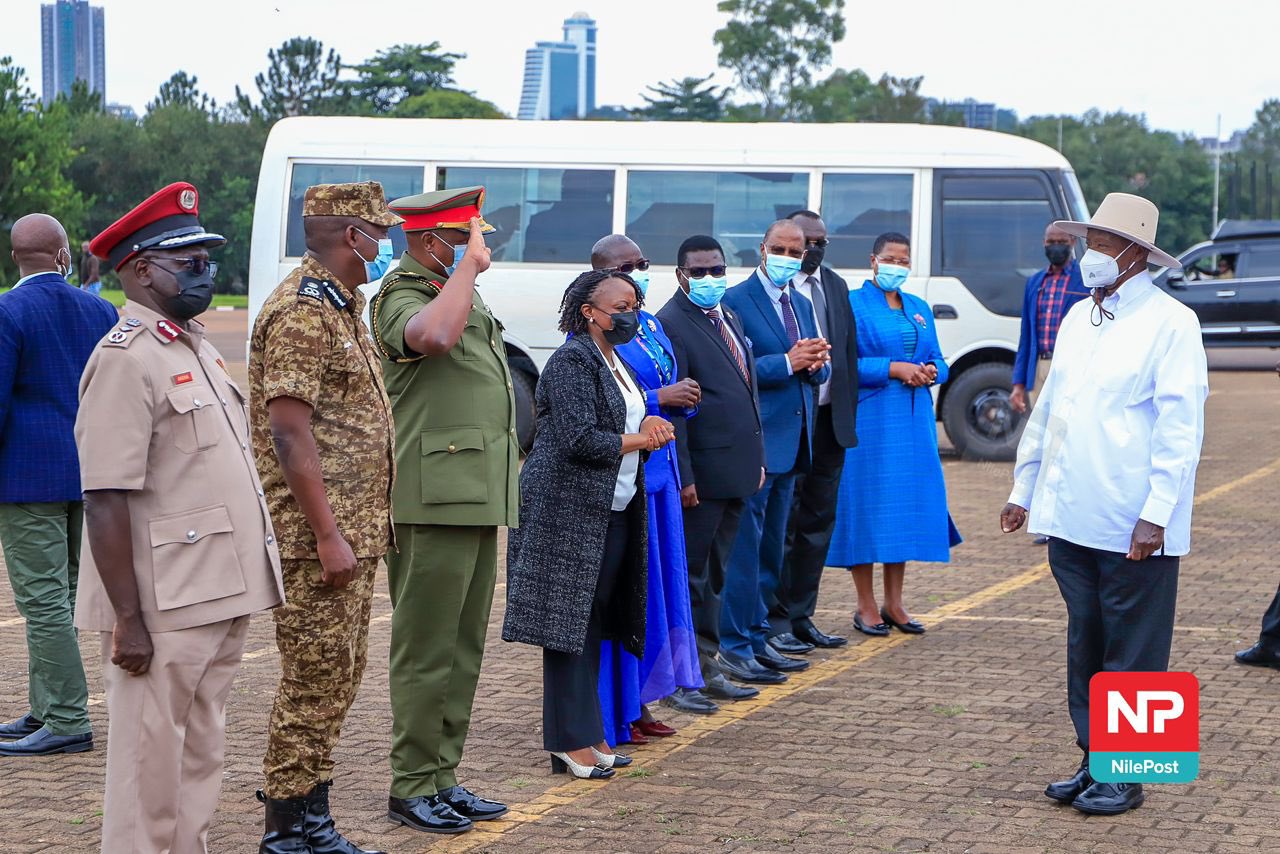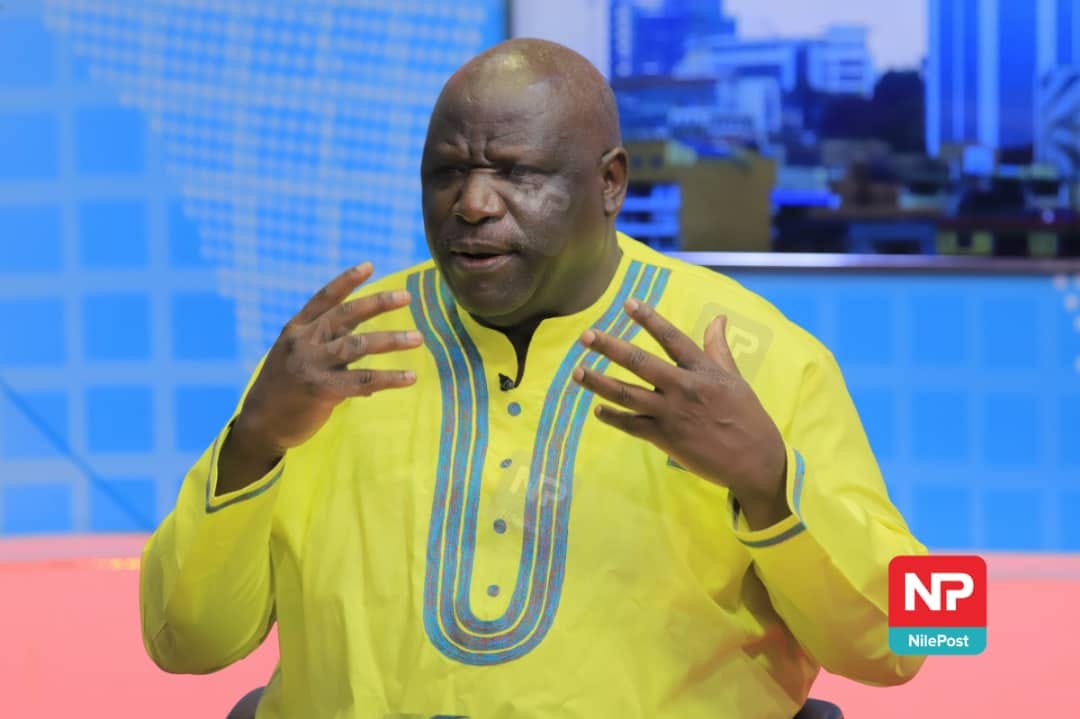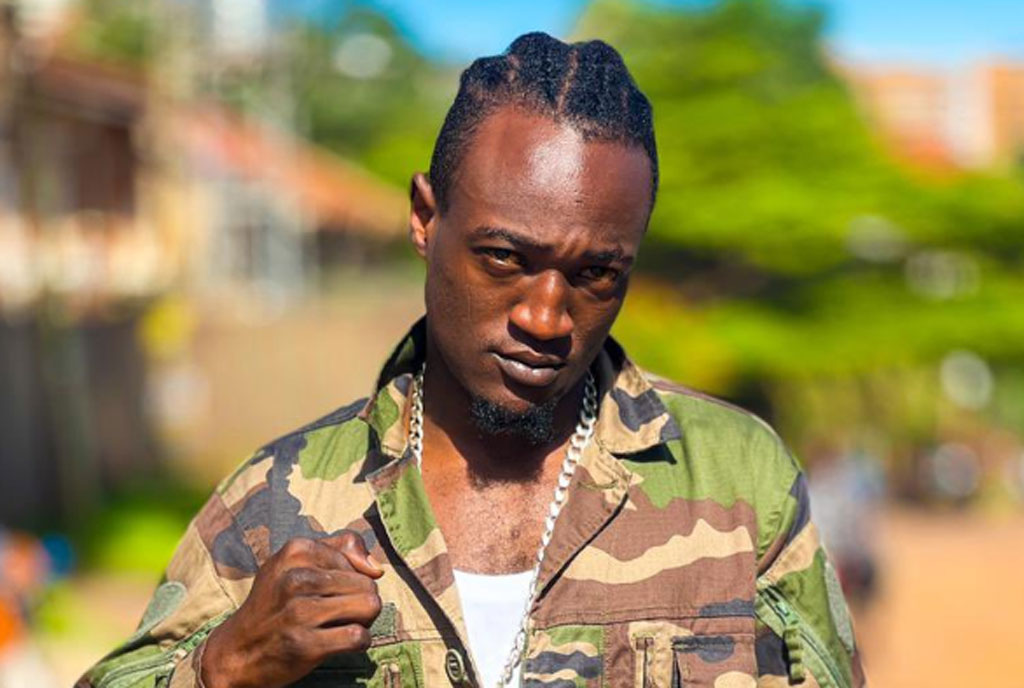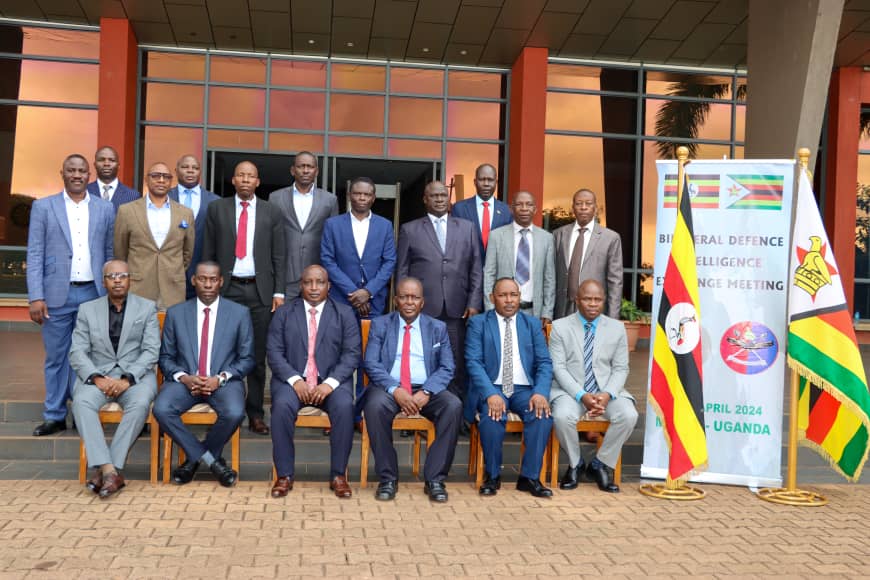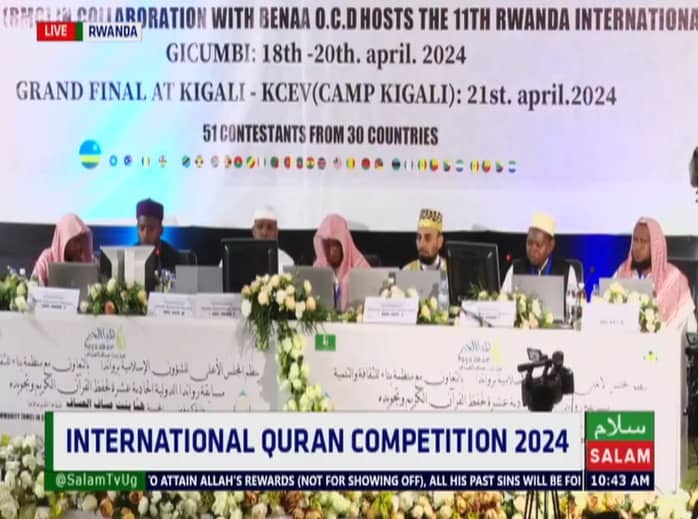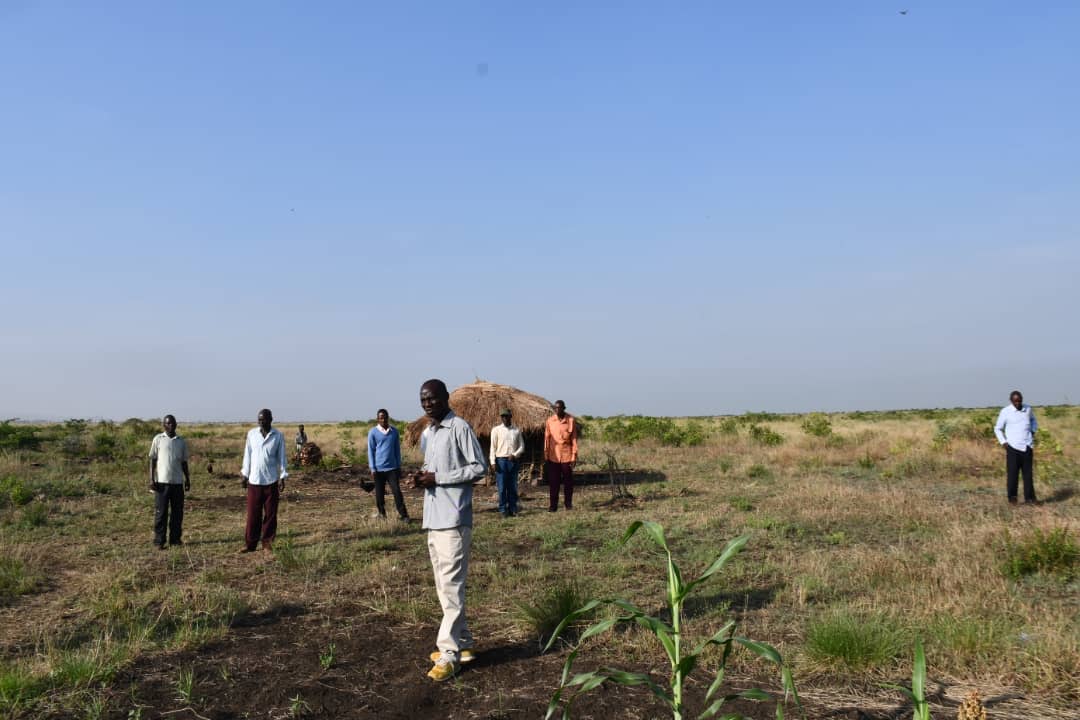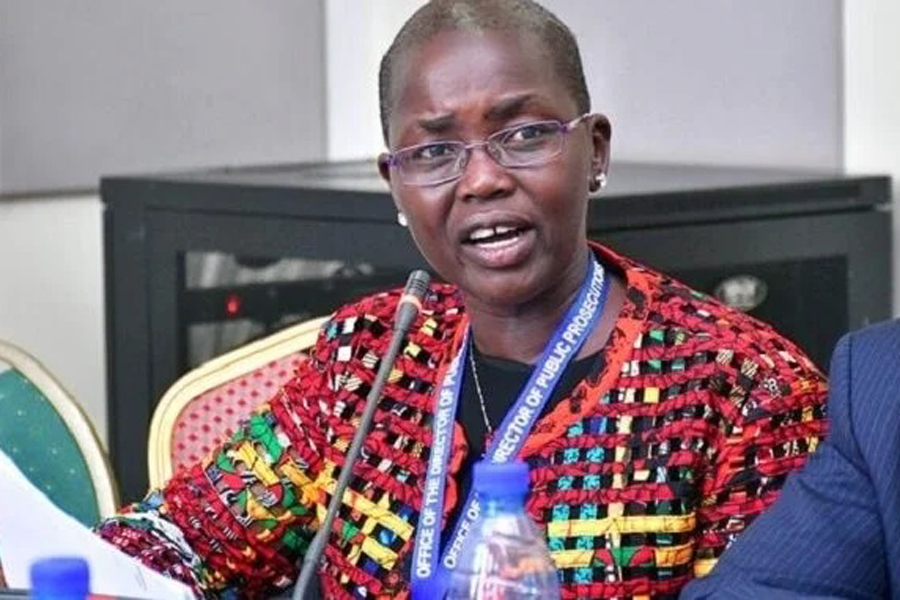FLASHBACK: Former CID director's stinging letter to Gen Kayihura
On June 12, 2014, months before Uganda Police Force was about to celebrate 100 years of existence, Hebert Rheno Karugaba, a former director of Criminal Investigations Directorate (CID) penned a letter to the then IGP, Gen Kale Kayihura, pointing out how he had run down the force and turned it into a political outfit of the regime. We reproduce the letter in full.
Gen Kalekezi Kayihura
Inspector General of Police
Police Headquarters
Kampala.
12/6/2014
Re: Celebration of 100 Years’ Anniversary of the Uganda Police Force
About three weeks ago, I was contacted by a senior officer from Police Headquarters who informed me about this anniversary, and invited me to join you and other officers for dinner at Serena Hotel.
I declined the invitation.
The reasons I declined the invitation are many and varied. I will, however, share with you some of these reasons:
Partisan Policing
“In a democratic society, the police serve to protect, rather than impede, freedoms. The very purpose of the police is to provide a safe, orderly environment in which these freedoms can be exercised.”
--United Nations International Police Task Force
Ever since you became Inspector General of Police (IGP), you have taken the Uganda Police Force (UPF) on a roller coaster of partisan policing which has never been seen in this country.
The mandate of the UPF is very clear in the Constitution of Uganda. Article 212 provides as follows:
212. Functions of the Uganda Police Force.
The functions of the Uganda Police Force shall include the following-
(a) To protect life and property;
(b) To preserve law and order;
(c) To prevent and detect crime; and
(d) To cooperate with the civilian authority and other security organs established under this Constitution and with the population.
Democratic, accountable policing is one of the hallmarks of democracy.
In a healthy democracy, a police service exists to protect and support the rights of its community, not to repress or curtail freedom and ensure power for the governing regime.
Holding the police to account for their plans, actions and decisions provides the necessary balance to the exercise of professional discretion by police officers.
Accountability also provides a means by which the relationship between the police and the state can be kept under scrutiny; a way of providing insulation against internal and external interference with the proper function of the police.
Every time I use public means, I listen to the comments of fellow passengers and I also observer the deportment of traffic officers. They nowadays receive monetary bribes in full view of the public, something I last saw in Lagos, Nigeria some 25 years ago.
The living conditions in the police barracks are horrible. The buildings have never seen any renovations since their construction during the colonial era and the hygiene situation is very threatening due to leaking water pipes and overflowing sewerage lines.
Under your stewardship, the UPF has been used to brutally suppress protest, hunt down and harass those in opposition to the NRM regime, to the extent that President Museveni has publicly referred to you as the best NRM cadre. As far as I am concerned, this is a poisoned chalice that you are drinking from.
You have turned the UPF from a civilian law enforcement agency into a highly militarised goon squad specifically aimed at controlling the grey area between what constitutes ‘crime’ and ‘politics.’
In this effort, opposition to authoritarian rule has been criminalised, and any opposition to NRM is now considered unpatriotic, and thus “crime” has been politicised.
Political partisanship on your part and the growth of crime in Uganda have in many cases undercut the development of democratic policing by ensuring more militarised responses to disorder.
The UPF will have to prove its legitimacy through effective operation, often through direct engagement with citizens on the ground.
I thank you.
The author, Hebert Rheno Karugaba, was a classmate of Kayihura at Makerere University Law School in the late 1970s. He joined the Uganda Police Force in 1980 and served for 18 years. He rose to become Director of the then Criminal Investigations department (now CIID) in the early 1990s.


